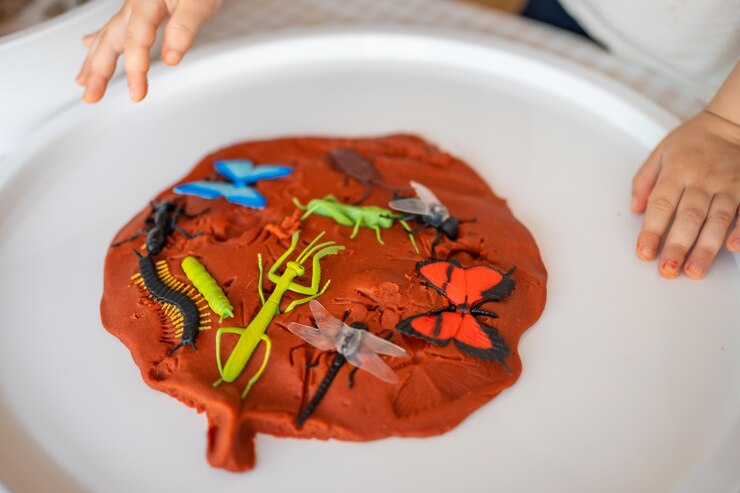When most researchers picture ELISA testing, they picture the usual suspects: mice, rats, humans, and perhaps a couple of farm animals. But the reach of enzyme-linked immunosorbent assays stretches far beyond those familiar models. From ocean trenches to rainforest canopies, ELISA technology now supports work on some of nature’s most fascinating creatures.
Join us as we explore eight unexpected species you may never have linked to ELISA testing.
⦁ Zebrafish (Danio rerio)
These tiny, striped fish have earned star status in many labs, and for good reason. Specialized zebrafish kits let scientists track everything from cardiac development to brain-cell damage after toxic exposure. Their see-through eggs and fast development allow scientists to track biomarkers in real time, making them a key partner in toxicology and drug discovery research.
⦁ Honeybees (Apis mellifera)
As colony collapse threatens food security worldwide, bee research has never been more critical. Specialized ELISA plates for honeybees measure stress proteins, immune markers, and pesticide exposure levels. Such data is reshaping our view of hive health and helping to devise smarter conservation strategies.
⦁ Sea Urchins (Strongylocentrotus purpuratus)
Modern marine biology is now within easier reach. Sea-urchin ELISA test kits enable scientists track how rising acid levels affect spawning, immune activity, and other key life processes in these vital echinoderms. Thanks to their sensitivity to environmental changes, these urchins have become trusted early-warning gauges for overall sea health.
⦁ Fruit Flies (Drosophila melanogaster)
While not exactly uncommon in research, many don’t realize the extensive ELISA options available for these genetic workhorses. From studying aging mechanisms to neurodegenerative diseases, fruit fly-specific ELISA kits offer precise measurements of proteins involved in complex biological processes.
⦁ Chickens (Gallus gallus)
Beyond the standard poultry industry applications, chicken ELISA kits are making waves in evolutionary biology and vaccine research. Their unique immune system characteristics and status as descendants of dinosaurs make them fascinating subjects for comparative immunology studies.
⦁ Sea Turtles (Various species)
Conservation efforts rely heavily on health monitoring, and specialized ELISA kits help researchers track stress hormones, reproductive status, and disease markers in these endangered marine reptiles. Non-invasive sampling methods make this research both ethical and practical.
⦁ Salmon (Salmo salar)
Aquaculture and wild population studies benefit enormously from salmon-specific ELISA kits. Researchers can monitor stress responses, disease resistance, and environmental adaptation markers, crucial for both commercial farming and conservation efforts.
⦁ Octopuses (Octopus vulgaris)
Perhaps the most surprising entry, octopus ELISA kits support cutting-edge research into invertebrate intelligence and neural development. These remarkable cephalopods are helping scientists understand cognition from entirely new perspectives.
Expanding Research Horizons
The diversity of species compatible with ELISA technology demonstrates the versatility and evolution of this fundamental research tool. Each species offers unique insights into biological processes, environmental health, and evolutionary relationships that traditional model organisms simply cannot provide.
Whether you are studying climate change impacts on marine ecosystems or investigating novel therapeutic targets across species, the expanding universe of ELISA applications continues to surprise and inspire researchers worldwide.
Ready to Explore New Species?
Don’t let your research be limited by conventional thinking. Explore MyBioSource’s extensive catalog of species-specific ELISA kits and discover what insights await in your chosen organism. Contact our technical support team today at +18586330165 to discuss custom solutions for your unique research needs and take your studies beyond the ordinary

